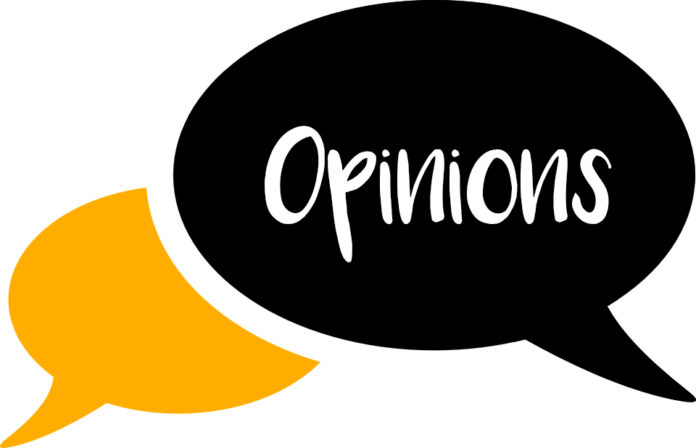
The University of Delaware hosted vice president Joe Biden and Ohio governor John Kasich last month at a forum entitled “Bridging the Divides.” During this event, both men were asked about free speech on college campuses, and Joe Biden’s answer may surprise you. He said, “Liberals have a short memory … we hurt ourselves badly when we don’t allow speech to take place…You should be able to listen to another point of view, as virulent as it may be, and reject it or expose it.” Free speech has been a hot button topic on college campuses and it is important at DePauw, as an institution for higher learning, to examine its own speech policies.
Under the title “Freedom of assembly, inquiry and expression,” the DePauw student handbook states that “students are free to examine and discuss all questions of interest to them and to express their opinions publicly and privately.” DePauw even “recognizes the fundamental importance of the open and free exchange of ideas and opinion.” These sections of the handbook would give students cause to believe DePauw to be an open environment for discussion and debate. While the statements above may make it look like free speech is a priority on campus, delving deeper into University policy exposes a different message.
Under DePauw harassment policy, the University “reaffirms the right of its students to live and learn… in an environment free from harassment and inappropriate and/or offensive comments or conduct.” While we generally avoid being offensive, is it reasonable to ban all conversation that might lead to someone being upset or annoyed? Our education should emphasize critical thinking and challenge students to question their own beliefs. If we limit our studies only to topics with which we are comfortable, we limit our growth. Students ought to look at issues more holistically and this will inevitably lead to feeling uncomfortable at times. Yet, according to DePauw’s policies, we should never be put in a situation where we feel uncomfortable. Most liberal arts universities hold paramount the idea that an education should expose students to new ideas. But our harassment policies limit the topics we can be exposed to and the discussion we can have.
This is not to say that DePauw should not be welcoming and inclusive. It is important to create an atmosphere where students feel comfortable and safe. Yet a truly diverse education will expose students to ideas that may offend them. The harassment policy is critical to campus climate, but the offense clause in the policy is impeding our education.
The Foundation of Individual Rights in Education (F.I.R.E) gave DePauw a speech code rating red, the worst possible rankings. Red indicates that speech code “clearly and substantially restricts freedom of speech.” If DePauw enforces the rules it has laid down, important topics in politics, literature, history and philosophy cannot be discussed and our education will have gaping holes in it.
We must remember that free speech is part of democracy and is not a partisan issue. If we truly value our education and champion diversity, we must be willing to be uncomfortable. We must learn to listen to things we disagree with and debate logically. Being offended is an important part of education and DePauw is doing a disservice to its students in limiting our education to things that will not offend us.
